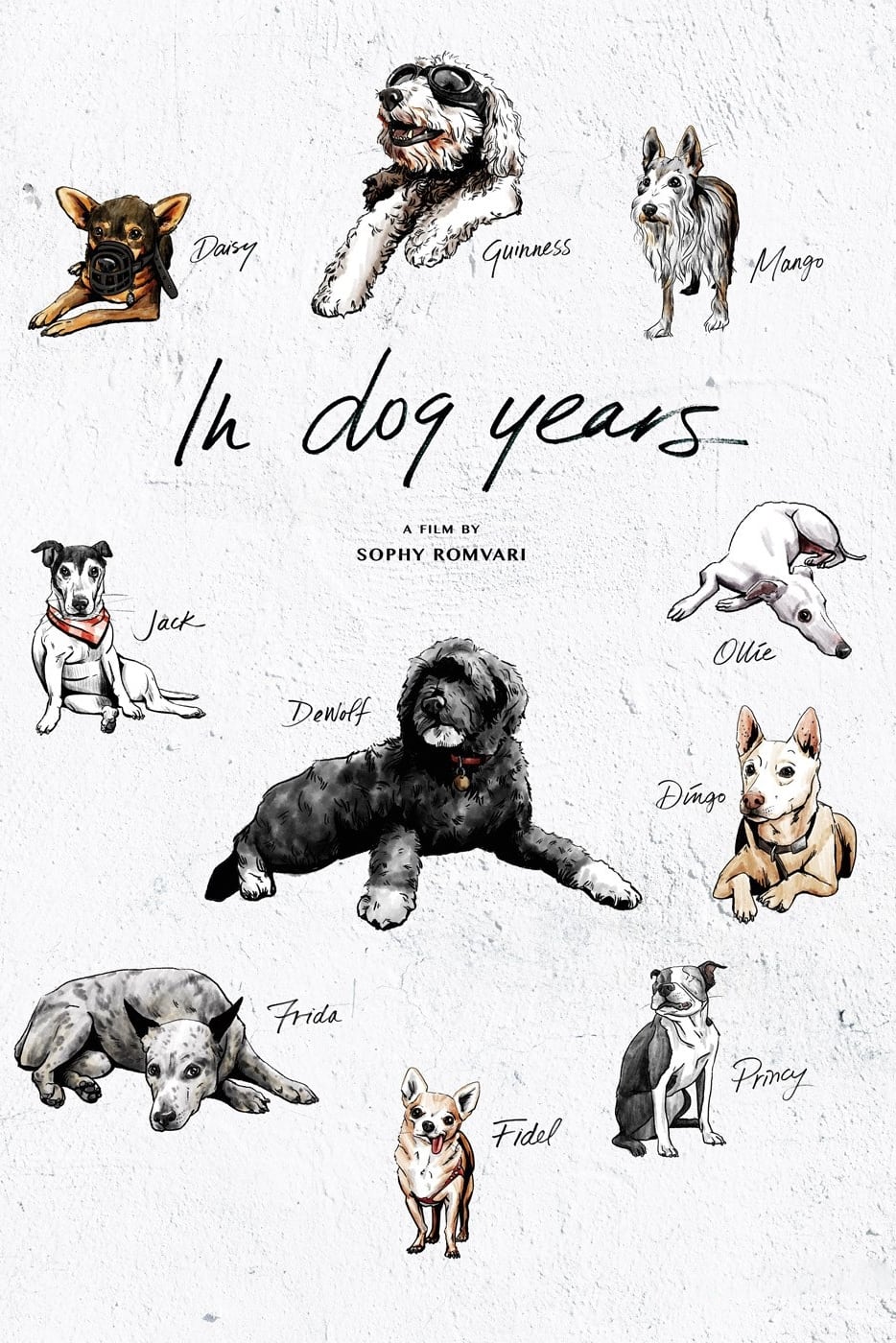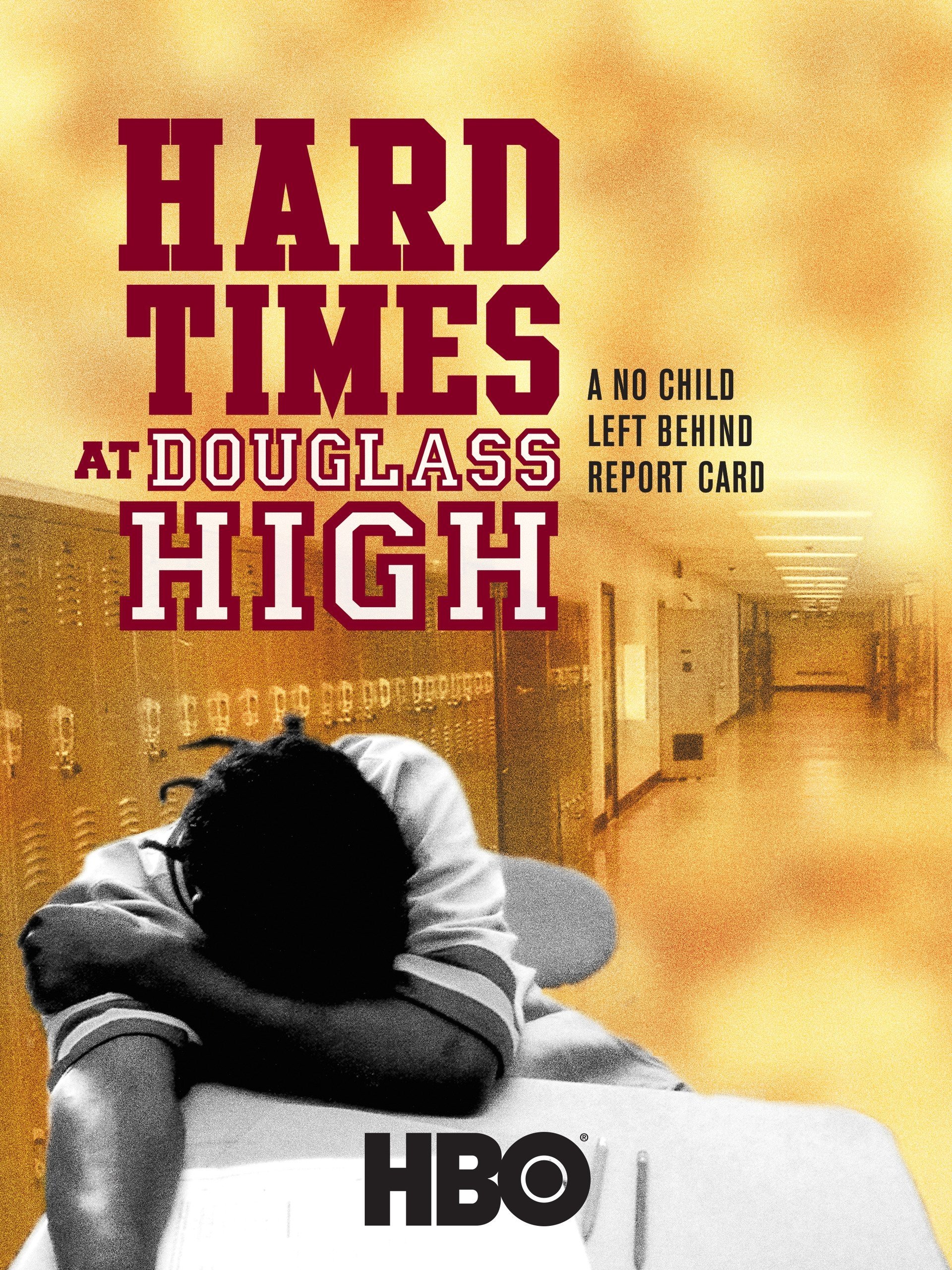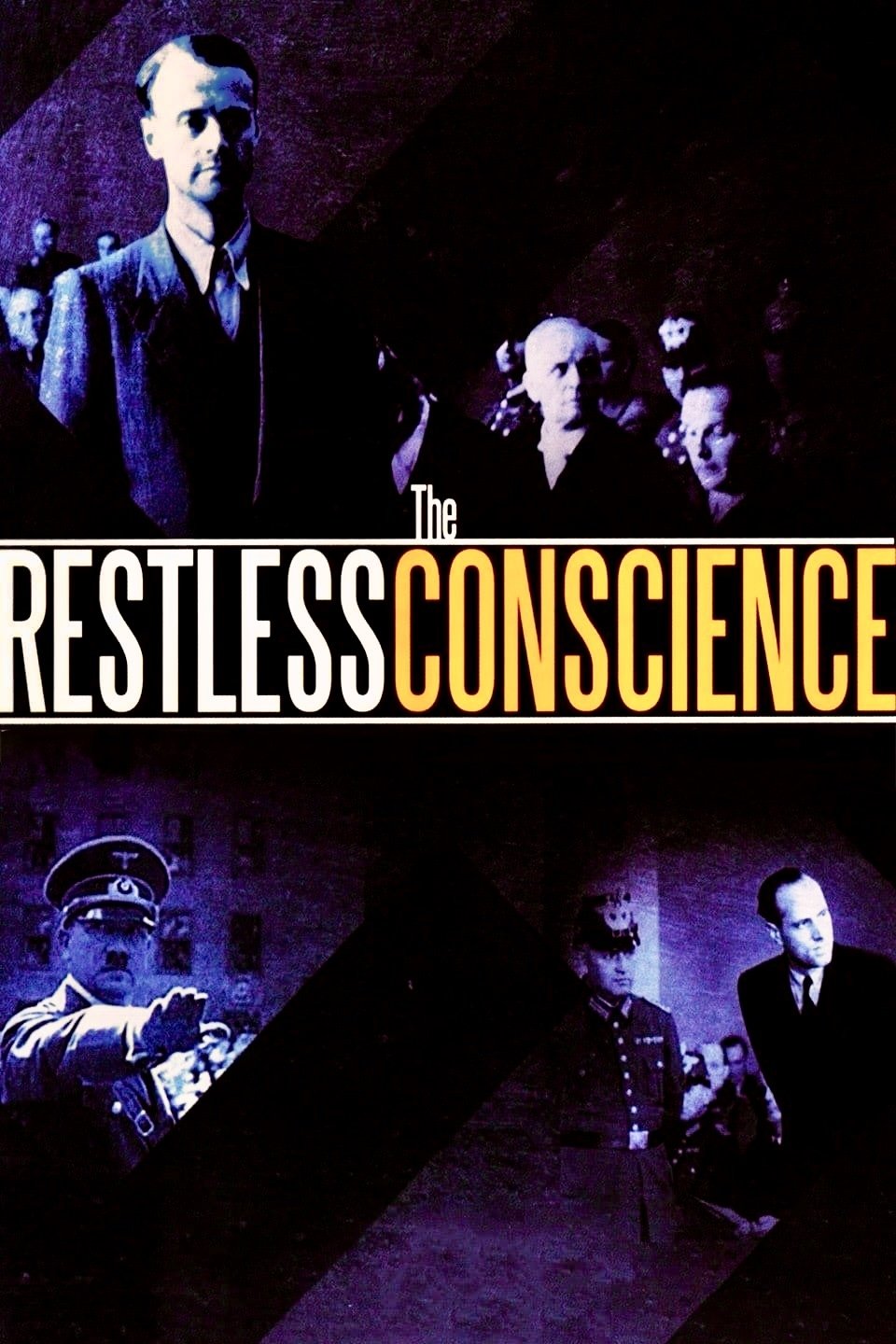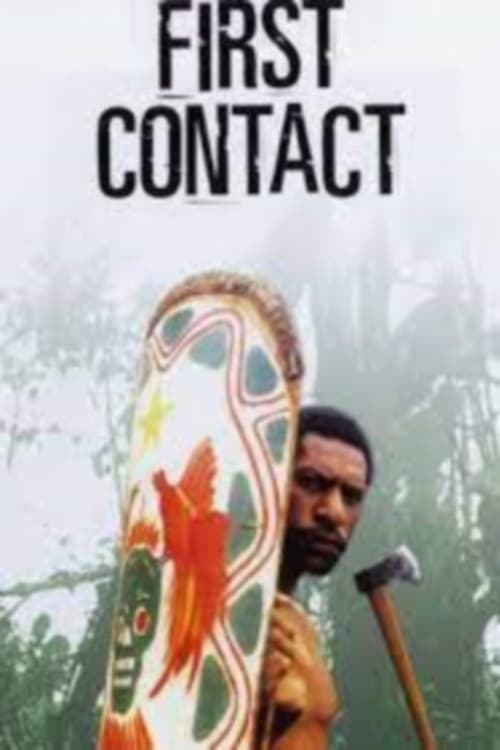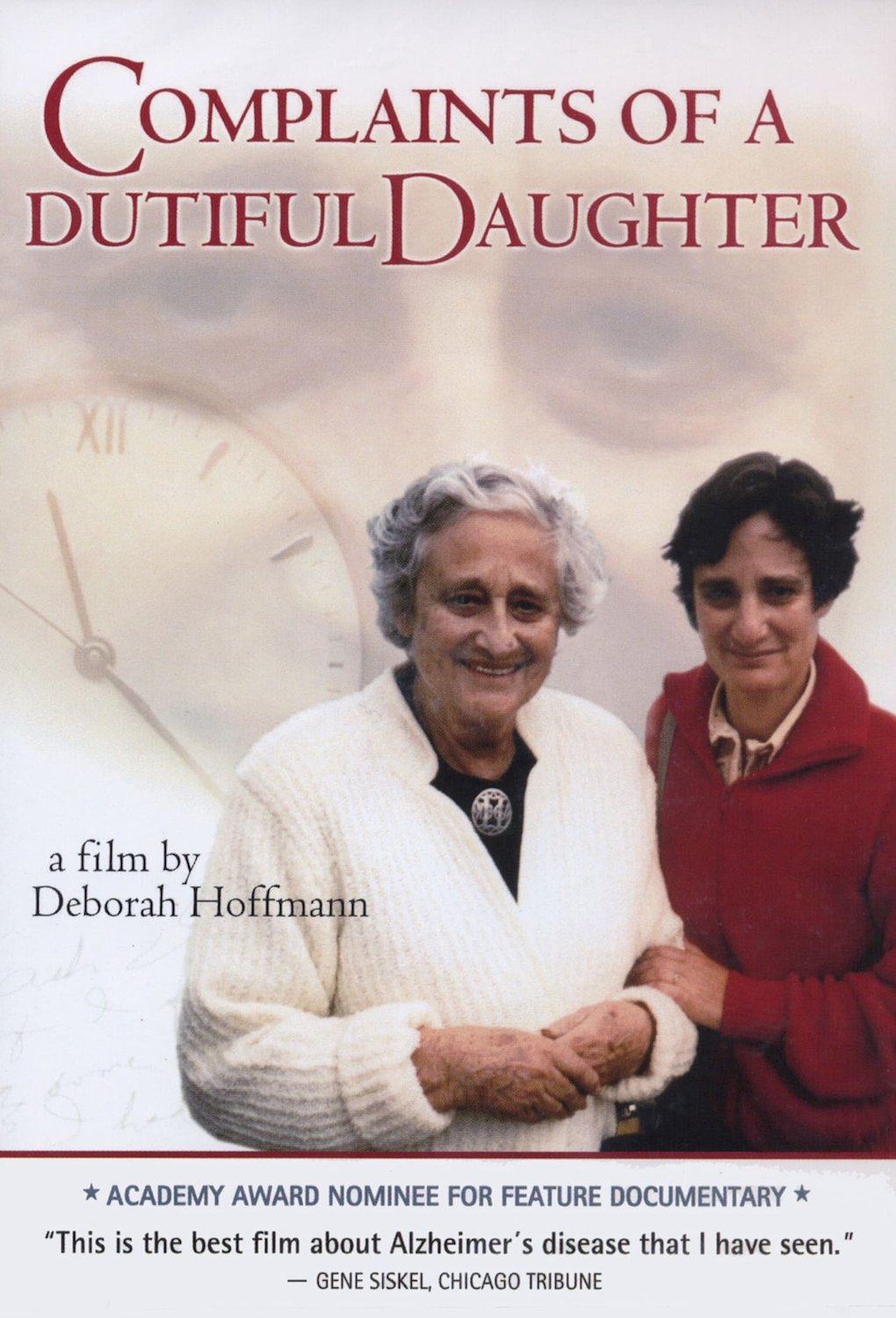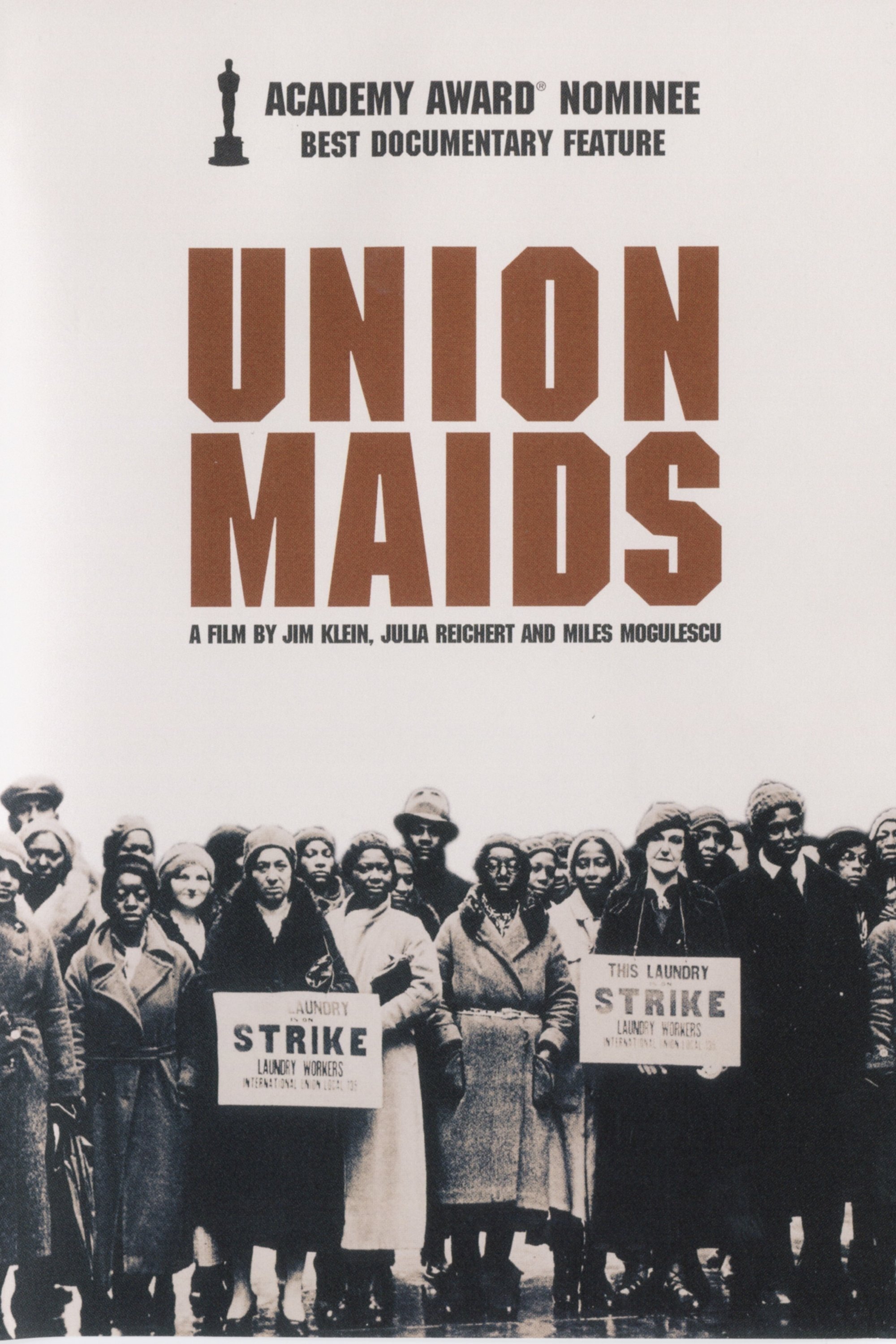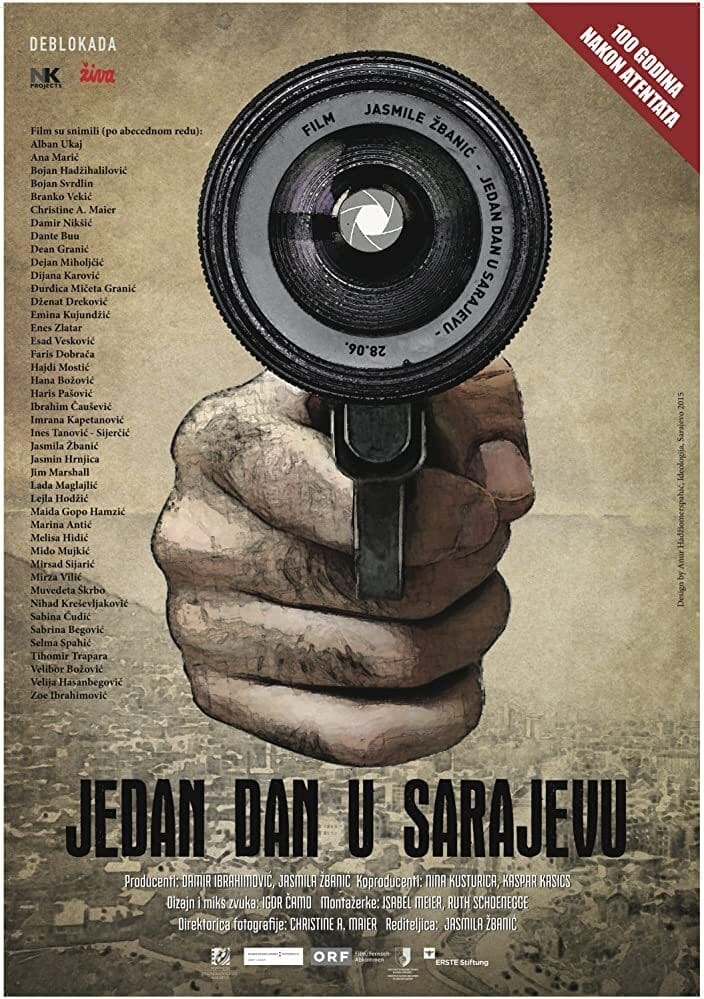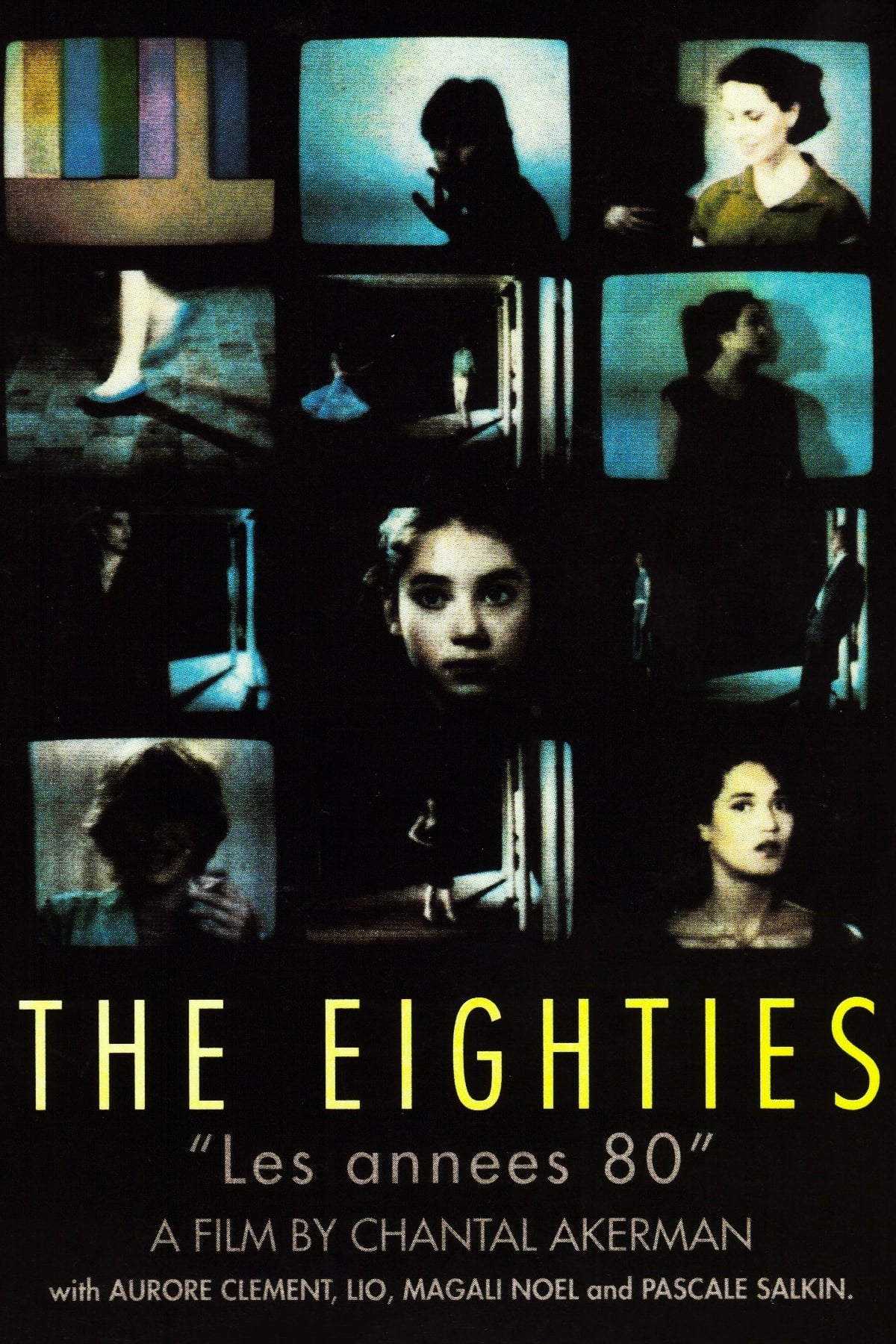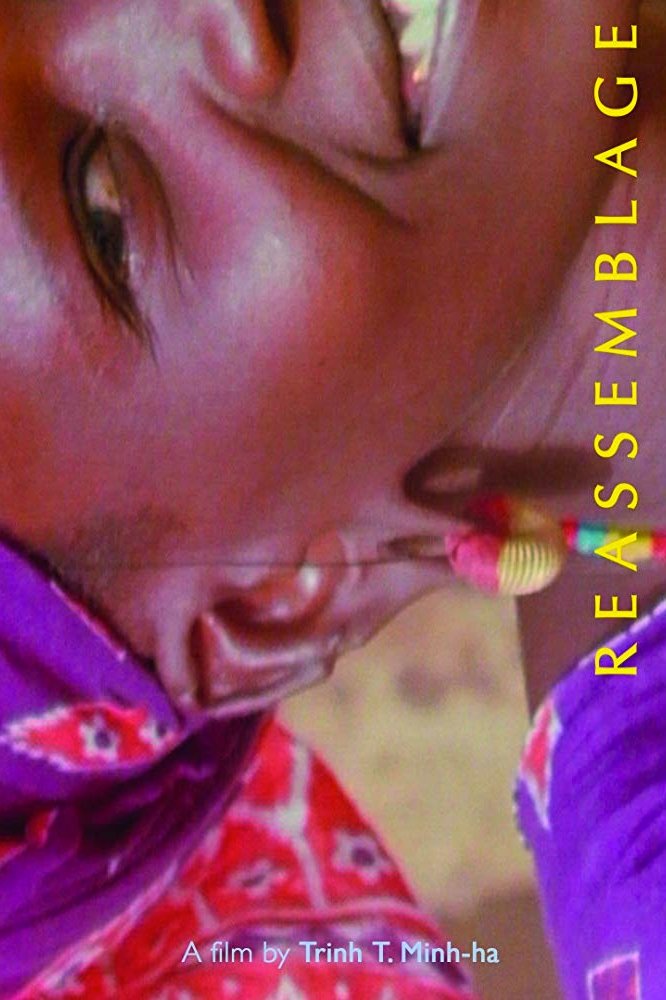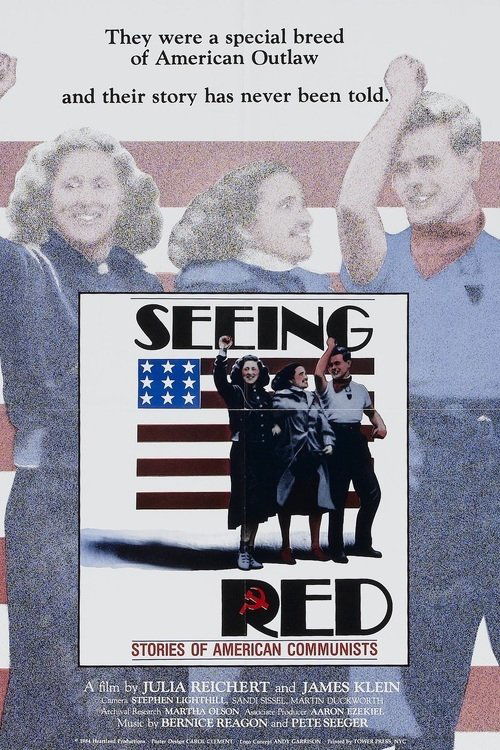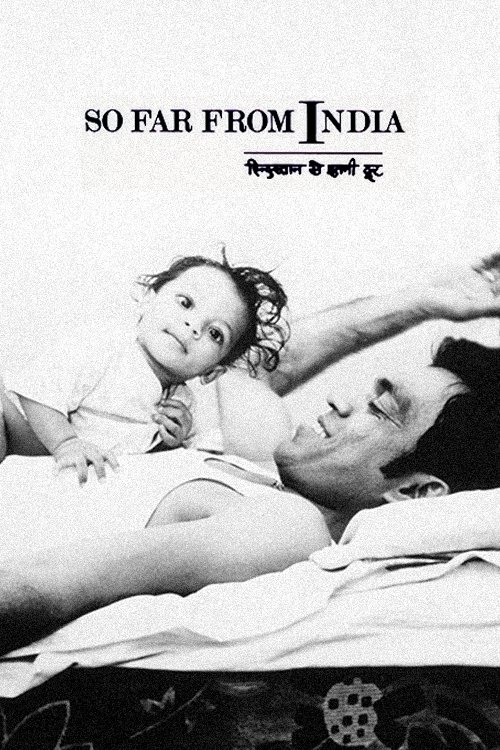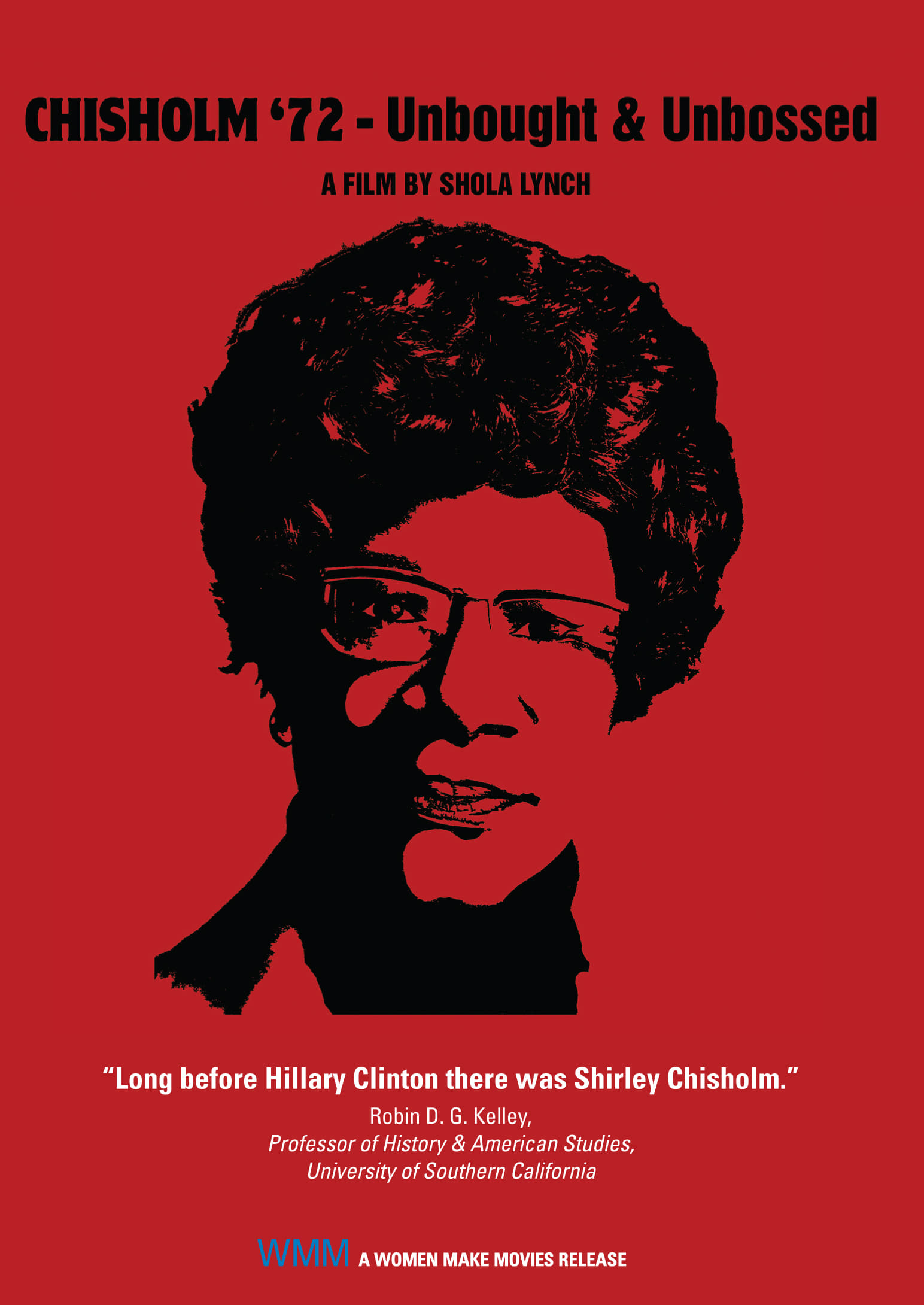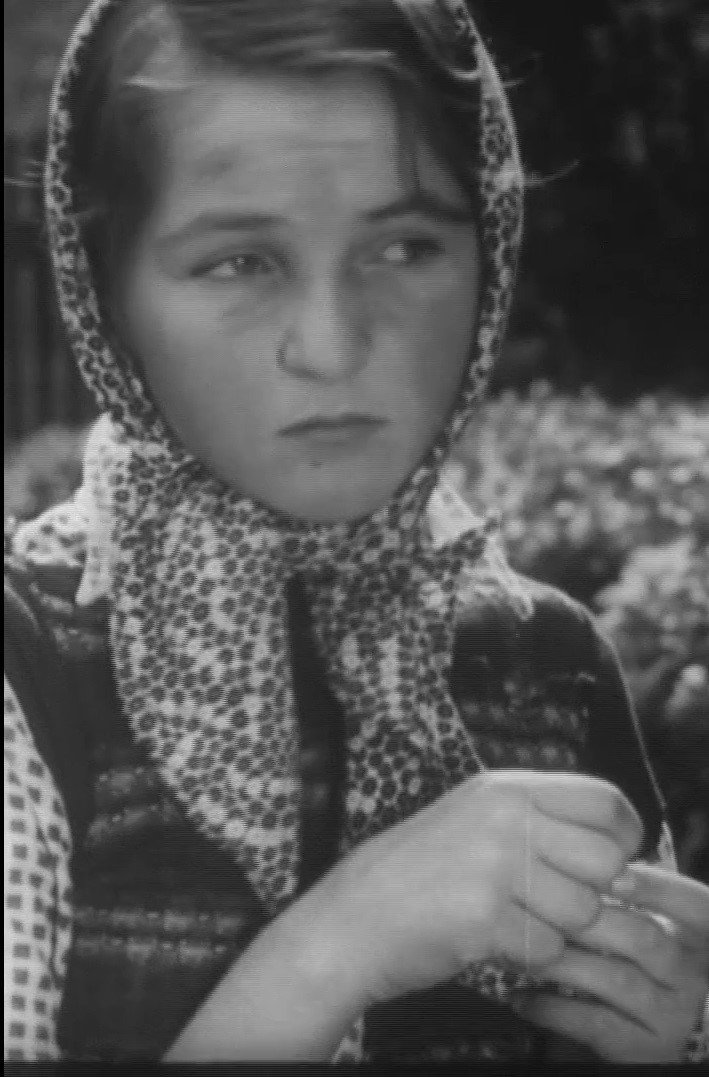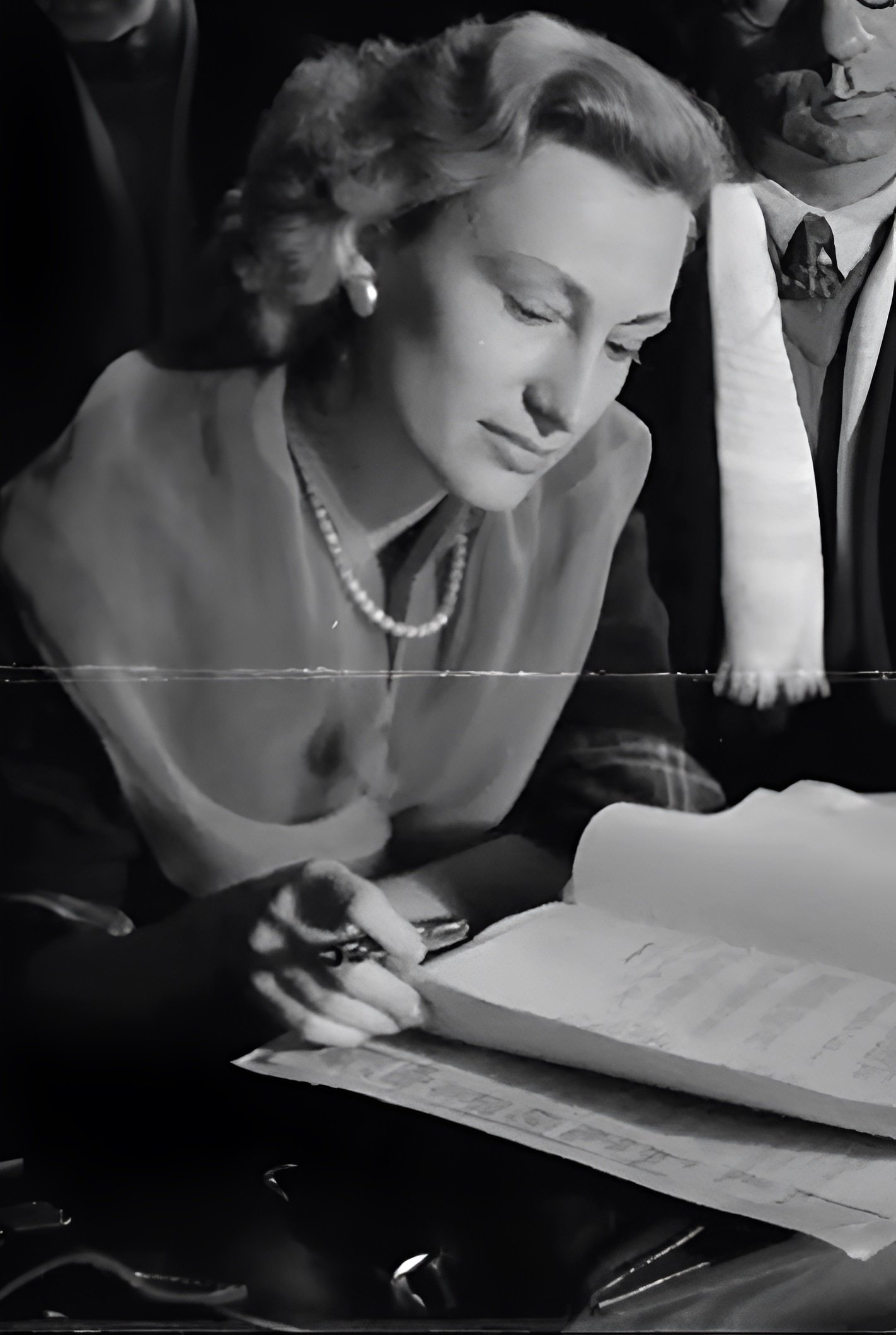Caste criminelle (1990)
Overview
The Indians that the British failed to subdue were called "born criminals" and were parked in camps. Yolande Zauberman's film tells the story of a family. The grandparents, Hira Bai and Serjian, grew up in the jungle. This is where their tribes lived, which the British were unable to subdue.
Production Companies
Additional Info
| Budget | $0.00 |
|---|---|
| Revenue | $0.00 |
| Original Language | fr |
| Popularity | 0.1157 |
Directed By
Yolande Zauberman
TOP CAST
Similar Movies
In Dog Years
A portrait of 10 senior dogs and their owners who struggle with the thought of letting go.
Hard Times at Douglass High: A No Child Left Behind Report Card
Inside an inner-city Baltimore high school as teachers and students face the challenges of a 2002 education-reform act.
Wild by Law
Tells about the Wilderness Act of 1964 and the three men responsible for its passage: forester/philosopher Aldo Leopold, author of the bestselling Sand County almanac and the first to bring the word 'ecology' into standard usage; Bob Marshall, millionaire socialist and founder of the Wilderness Society; and Howard Zahniser, a bureaucrat with a love of the wild places he seldom saw. Singly and together, these three fought from the 1920s through the 1950s to preserve the natural world. Provides an overview of the roots of the environmental movement, offering a deeper understanding of one of the most important issues facing contemporary civilization.
The Restless Conscience: Resistance to Hitler Within Germany 1933-1945
Directed by Hava Kohav Beller, this stirring documentary chronicles the anti-Nazi resistance movement within Hitler's Germany and the countless unsuccessful attempts to remove the führer from power.
First Contact
First Contact is a 1983 documentary by Bob Connolly and Robin Anderson which recounts the discovery of a flourishing native population in the interior highlands of New Guinea in 1930 in what had been thought to be an uninhabited area. It is based on the book of the same name by the same authors. Inhabitants of the region and surviving members of the Leahy brothers' gold prospecting party recount their astonishment at this unforeseen meeting. The film includes still photographs taken by a member of the expedition and contemporary footage of the island's terrain. It was nominated for an Academy Award for Best Documentary Feature.
With Babies and Banners: Story of the Women's Emergency Brigade
With Babies and Banners: Story of the Women's Emergency Brigade is a 1979 documentary film directed by Lorraine Gray about the General Motors sit-down strike in 1936–1937 that focuses uniquely on the role of women using archival footage and interviews. It provides an inside look at women's roles in the strike. The film was one of the first to put together archival footage with contemporary interviews of participants and helped spur a series of films on left and labor history in the US utilizing this technique. The film was also important in helping bring into view the history of American women being active in the public sphere, particularly in union and labor actions. The film was, further, ground breaking because it was produced and directed by women. It was nominated for an Academy Award for Best Documentary Feature.
Complaints of a Dutiful Daughter
This Academy Award-nominated film takes a moving personal story, illuminates it with insight and humor, and makes it universal. In recounting her attempts to come to terms with her mother's advancing Alzheimer's disease, Deborah Hoffmann explores the relationship between mother and daughter, parent and child, and the tenacity of love.
Union Maids
Three women labor activists in America tell their stories of organizing in the 1930s.
One Day in Sarajevo
Causes and consequences of the assassination that happened in Sarajevo a hundred years ago still continue to reverberate in Europe. On June 28, 1914 Gavrilo Princip assassinated the heir to the throne of the Austro-Hungarian Empire Franz Ferdinand sparking World War I that marked the start of the 20th century. As Sarajevo commemorated the centennial of the assassination, different people had different interpretations of what happened in the city a century ago and different emotions about it. ONE DAY IN SARAJEVO tells about various perspectives of the anniversary in Sarajevo combining and contrasting footage filmed by citizens of Sarajevo (with small cameras and mobile phones) with scenes from feature films about the assassination by directors from Austria, Bosnia-Herzegovina and the United Kingdom
70 Acres in Chicago: Cabrini Green
Documenting the demolition of Cabrini Green, Chicago's most infamous public housing development, through the stories of three public housing residents whose lives are turned upside down in the name of progress.
Would You Have Sex With an Arab?
It's a question that surprises most people: “Would you have sex with an Arab?” Film-maker Yolande Zauberman doesn't just ask anyone this question, she asks people in the clubs and bars and streets of Tel Aviv. 20% of Israelis are of Arab origin, but for some the question is still incomprehensible, for others long since reality and yet others a political issue. One thing it is never is immaterial. The film manages to break down the Middle East conflict into individuals and to show what enormous influence it has, even into the most intimate of spheres.
The Eighties
All of the time and effort put forth to stage a musical is chronicled here in this bright and funny French outing. The story is set at a shopping mall where people audition for an upcoming show. Afterwards, they are seen going through the grueling routines of learning the music and rehearsing.
Reassemblage: From the Firelight to the Screen
A complex visual study of the women of rural Senegal. Through a complicity of interaction between film and spectator, Reassemblage reflects on documentary filmmaking and the ethnographic representation of cultures.
Vietnam: The Secret Agent
Via the New York Times: "...a tough, angry look at the consequences of exposure to the chemical Agent Orange on veterans and others, a chilling issue that is effectively addressed here."
Seeing Red: Stories of American Communists
A unique documentary that looks at the political activities of the American Communist Party in the early to mid-twentieth century.
So Far from India
Via the New York Times: "...film examines the marriage of Ashok Sheth and his wife, Hansa. Ashok moved to New York only days after the wedding, to a woman he barely knew; the match was arranged in the traditional way. Now Ashok sells magazines in a subway station at 116th Street, lives in a cell- sized apartment and cherishes his new freedom. The film follows Ashok through such American activities as a visit to a store that sells running shoes. Then it follows him back to India, where Hansa waits with a baby he has never seen, and with a great many questions as to her future. "
Chisholm '72: Unbought & Unbossed
In 1968, Shirley Chisholm becomes the first black woman elected to Congress. In 1972, she becomes the first black woman to run for president. Shunned by the political establishment, she's supported by a motley crew of blacks, feminists, and young voters. Their campaign-trail adventures are frenzied, fierce and fundamentally right on!
Let All Children Smile
The film's protagonists are the orphaned children taken into custody by the state and institutionalized at Children's House no. 6 from Bucharest. For Mészáros, the concern for the situation of children left orphaned during the Second World War is autobiographical: the director directly experienced the absence of parents in her own childhood.
Women of Today
Made on the occasion of March 8, it presents a series of brief portraits of women, from various professional fields, of different ages and even of different ethnicities, pointing out the benefits that the communist organization had brought to their daily lives. A special emphasis is placed on their status as mothers and on the role of nurseries and socialist kindergartens not only in making their lives easier, but also in giving them the time they need to build a career. Another concern of the filmmaker, starting from the concrete case of one of the protagonists, is to highlight the differences between the happy present and the not-too-distant past in which someone with her social status should have dedicated herself exclusively to raising children, in hygienic and extremely difficult lives.
Saving Face
Every year hundreds of people - mostly women - are attacked with acid in Pakistan. Follow several of these survivors, their fight for justice, and a Pakistani plastic surgeon who has returned to his homeland to help them restore their faces and their lives.
